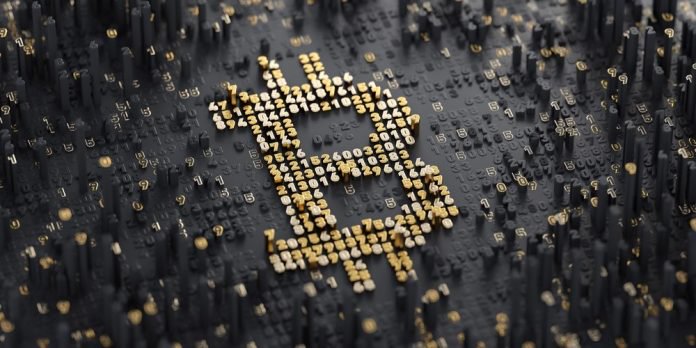Reasons to build Bitcoin
(1) protection against low interest rates (at 5,000 year lows)
It’s now normal that your bank pays near (0%) interest on your savings.The IMF (et al.) wish to transition to negative interest rates, as low as (-4%):
https://imgur.com/a/dFjaYDR
This makes savings in fiat currency earn far less than the inflation rates in healthcare, food, childcare, housing, utility bills, & insurance:
https://imgur.com/a/SQbWPKi
For institutions, governments, & pension funds – there is now $17 trillion in negative yielding bonds (providing a negative return):
https://imgur.com/a/vRsFbHj
(2) protection against systemic risks of the global economic/financial system
Cryptocurrency is a relatively un-correlated asset class (that sits somewhat outside of the banking system):
“Crypto is seen by many of Fidelity’s [institutional] clients as the ultimate non-correlated asset, it will be the best alternative for diversification.As a relative safe haven from political and economic uncertainty, crypto will move to the fill the gap left when world events affect the financial system and more traditional types of asset start to seem less dependable.”
https://imgur.com/a/77gQdyC
Systemic issues include:
a) $250 trillion in global debt (with further Quantitative Easing to continue):
https://imgur.com/a/HEMQArH
b) >$400 trillion in assets at risk globally (potentially to suffer severe depreciation in value):
https://imgur.com/a/ZBd1KB6
c) bank bail-ins and bank bail-outs:
Where tax payers have forked out more than $24 Trillion ( https://imgur.com/a/UeEppZB ) to bail-out failing banks from the last “big recession”, in a system that is unsustainable by design.
And where depositors across the world are increasingly likely to have their savings confiscated in a severe “crisis-event” via bail-ins e.g.Cyprus , or Australia’s Crisis Resolution Powers (and Other Measures) Act 2018, of the Banking Act 1959
(d) escalating trade wars (and other geo-political risks)
(3) protection against capital controls
a) restrictions on how much fiat you can withdraw per day from an ATM or branch (particularly critical during a crisis event)
b) the transition to a centralized cashless society (where access to your own wealth can be completely restricted, switched off, censored, confiscated, or rejected).
c) where your balance is shared to numerous 3rd parties without your consent
d) restrictions on how much you can move overseas (borderless vs bordered money)
e) where medium/large-size purchases require inquiry and consent from the bank
(4) to reinvigorate the urge to save money towards a better future
Money that aims to appreciate in value encourages people to save for a better future by providing incentives in which to save excess earnings/capital.
As opposed to the disincentives encouraged by legacy banking systems that make people spend more money and go further into debt:
a) 59% of Americans (192.93 million) live payday-to payday, 40% would struggle to cover a $400 emergency
b) Half of Canadians have $200 or Less in savings
c) 33% of Americans have less than $5,000 saved for retirement
https://imgur.com/a/m2uadnU
(5) vs Gold & Silver bullion
a) gold is completely centralized, which may have ramifications on its usefulness as a SoV:
[LINK REDACTED]
b) gold has been captured by the derivatives market for decades, leading to ongoing price suppression via the futures markets:
https://imgur.com/a/Xt0N74M
With the supply of physical gold completely captured (above) – Central Banks may never lose control of their price manipulation scheme over gold bullion, making it useless at doing what it is intended to do (appreciate against the devaluation of fiat currencies).
c) physical vs digital
Gold lacks portability – it’s more easily confiscated at checkpoints during crisis, and is more difficult and expensive to store, transport ,and exchange
https://imgur.com/a/BlHgXFB
(6) As Medium of exchange (MoE)
a) lower transaction & merchant fees
b) censorship-resistance for both buyers and merchants
Accounts (and funds) can be frozen, for purchasing or selling products that are not illegal, but are not mandated by a centralized entity.
c) seamless international payments
Cryptocurrency makes international trade more accessible and friction-less.
Reducing fees, barriers, and restrictions to trade.
d) money arrives much faster – less clearing time.
